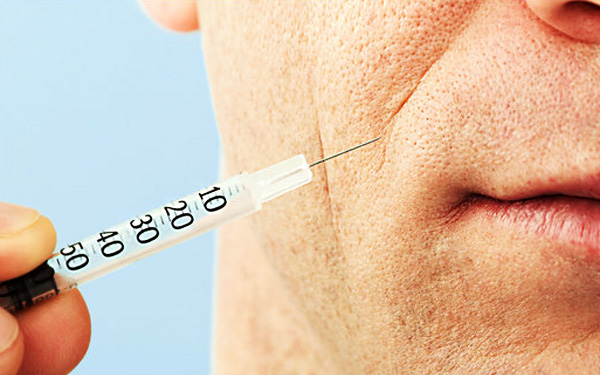Botox

Botox, short for Botulinum toxin, is a neurotoxic protein produced by the bacterium Clostridium botulinum. It is known for its medical and cosmetic uses, particularly in the field of dermatology and aesthetics. Here are some key points about Botox:
- Cosmetic Use: Botox is widely used for its cosmetic benefits, primarily for reducing the appearance of wrinkles and fine lines on the face. It works by temporarily paralyzing the muscles responsible for causing wrinkles, such as those around the eyes (crow's feet) and on the forehead (frown lines). This results in a smoother and more youthful appearance.
- Medical Uses: Botox has various medical applications beyond cosmetic procedures. It is used to treat medical conditions such as chronic migraines, excessive sweating (hyperhidrosis), muscle spasms (dystonia), and certain neurological disorders like cervical dystonia and spasticity.
- How It Works: Botox works by blocking the release of acetylcholine, a neurotransmitter that signals muscle contractions. By preventing muscle contractions, Botox temporarily relaxes the treated muscles, which, in turn, reduces the appearance of wrinkles or alleviates muscle-related symptoms in medical conditions.
- Administration: Botox is typically administered through injections directly into the muscles targeted for treatment. The procedure is relatively quick and minimally invasive, and patients often return to their normal activities shortly after treatment.
- Duration of Effect: The effects of Botox are not permanent. They usually last for several months, typically around 3 to 6 months, depending on the individual and the specific area treated. To maintain the desired results, patients often need to undergo repeat treatments.
- Safety: When administered by a trained and qualified healthcare provider, Botox is generally considered safe. However, it can have side effects, which may include temporary bruising, swelling, or muscle weakness. Serious complications are rare but can occur.
- Regulation: Botox is a prescription medication, and its use should always be supervised by a qualified healthcare professional. In many countries, including the United States, regulatory agencies such as the FDA (Food and Drug Administration) oversee its use and safety.